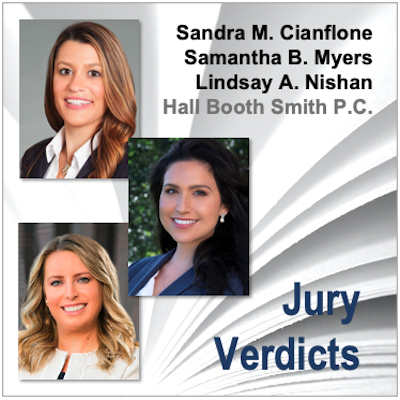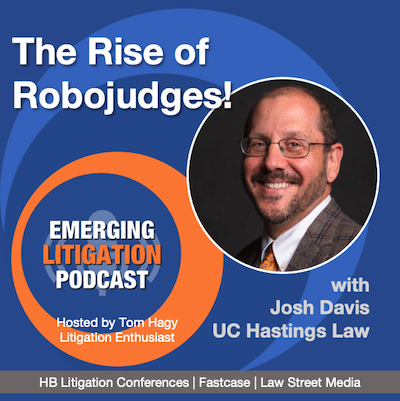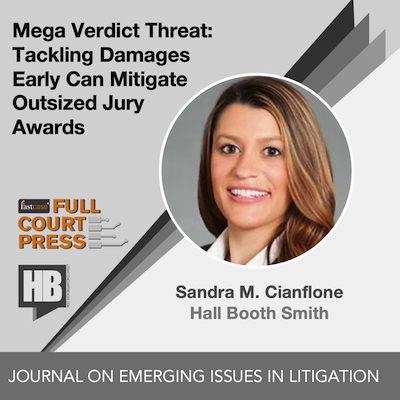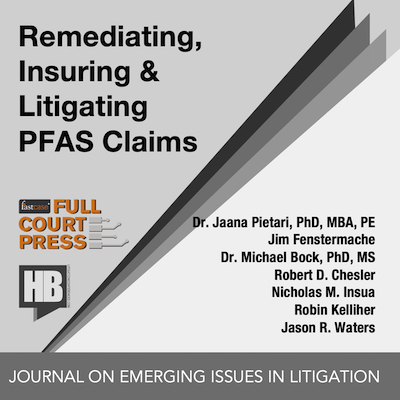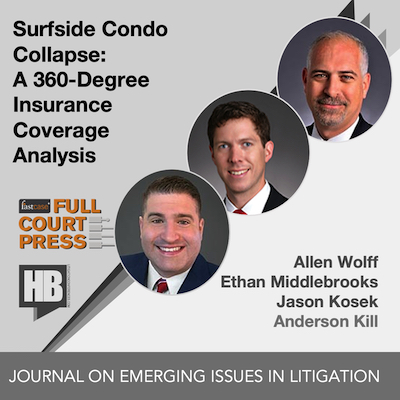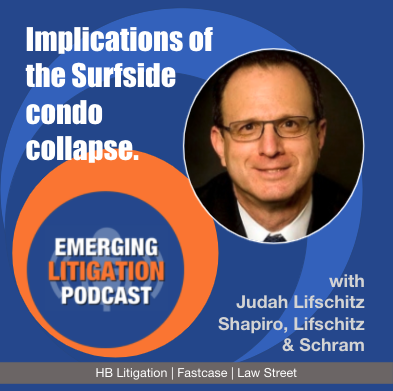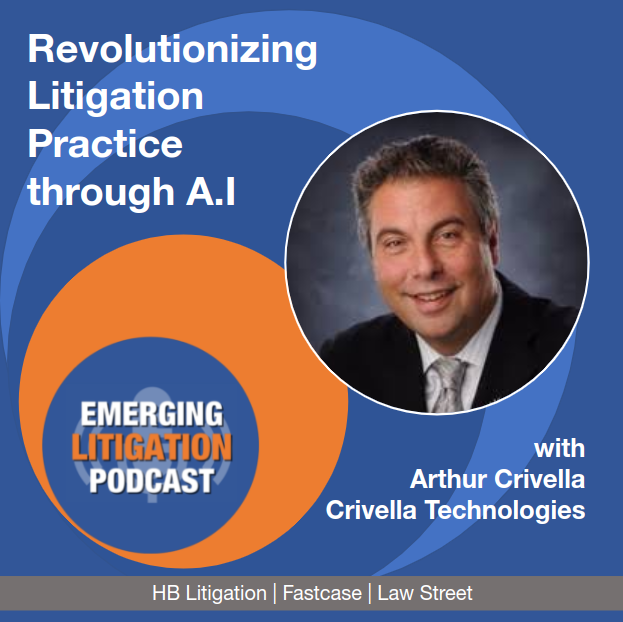MASS TORTS | CLASS ACTIONS
News | Insights | Webinars
Robojudges: If Machines Could Make Judicial Decisions, Should They?
The Author A leading academic and practitioner, Joshua P. Davis (davisj@usfca.edu) is a nationally recognized expert on legal ethics and class actions, as well as on artificial intelligence in the law, antitrust, civil procedure, free speech, and jurisprudence. He has published more than 30 scholarly articles and book chapters on these subjects and is currently writing a book on AI titled Unnatural Law, which will be published by Cambridge University Press. He is Research Professor of Law at the University of California Hastings College of Law, and a Shareholder of the Berger Montague PC law firm and Manager of its new San Francisco Bay Area Office. Before taking these posts, for more than 20 years Davis was a tenured Professor of Law at University of San Francisco Law School, where he also served as the Director of the Center for Law and Ethics. Davis is also a member of the Editorial Board of Advisors for the Journal on Emerging Issues in Litigation, published by Fastcase Full Court Press. Tom Hagy, Editor in Chief. You can also listen to Josh on the Emerging Litigation Podcast! Robojudges: If Machines Could Make Judicial Decisions, Should They? By Joshua P. Davis Abstract: As artificial intelligence makes its way into every aspect of our daily lives—including [...]


